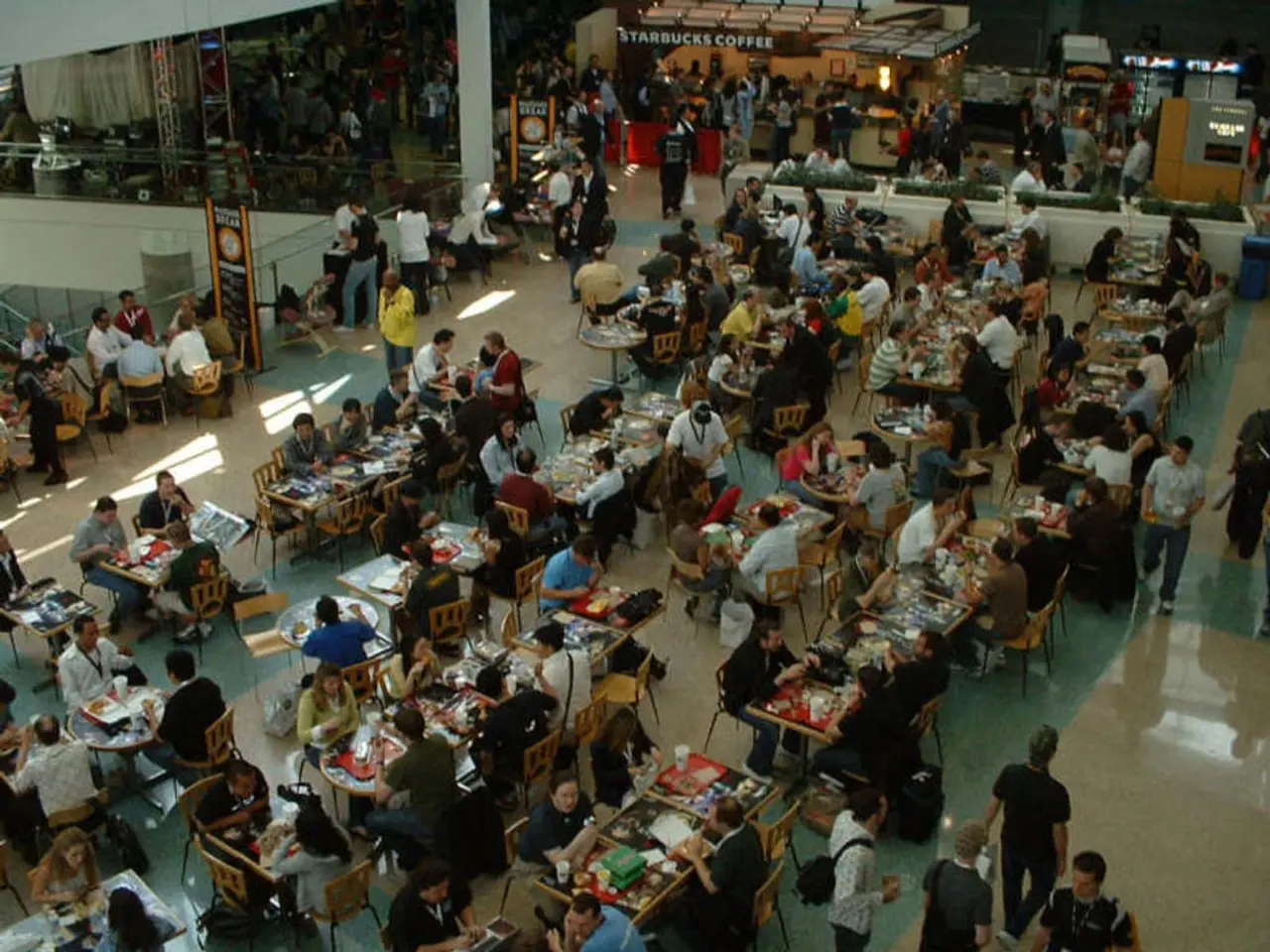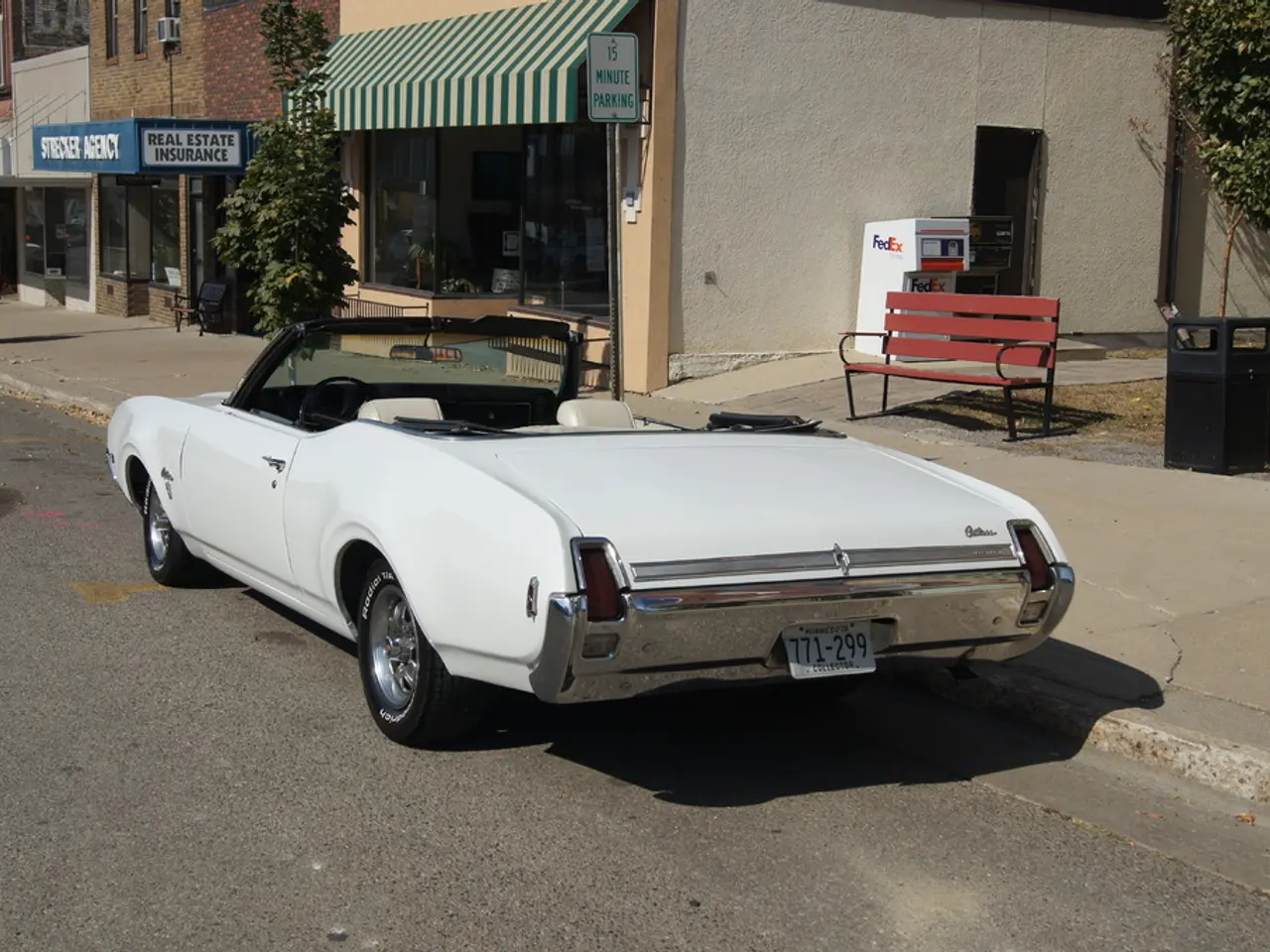UK Issues Bid for Robotic Spacecraft to Re-enter and Retrieve Satellites
The UK Space Agency has announced a groundbreaking Active Debris Removal (ADR) mission, aiming to capture and de-orbit two defunct UK-licensed satellites in low Earth orbit (LEO) by the end of 2028. This mission, valued at £75.6 million ($103 million), marks a significant step towards ensuring safer orbital environments and protecting critical infrastructure on Earth.
The ADR mission is part of the UK's commitment to becoming a leader in sustainable space operations. The mission's goal is to guide the dead satellites into Earth's atmosphere, causing them to burn up and eliminating potential threats to satellite networks that power essential services like GPS, weather forecasting, and emergency communications.
To carry out this ambitious project, the UK Space Agency is inviting firms to bid for a five-year research and development contract. The agency seeks a single supplier to build the robotic spacecraft required for the capture and de-orbit operations. This shift from traditional grants towards competitive private contracts is intended to stimulate private investment and grow the UK space economy.
Companies like ClearSpace and Astroscale, noted leaders in space debris removal technology, are among those invited to bid. As of July 2025, the UK has not yet selected a final supplier, with the procurement process still open.
The ADR mission is not the only initiative aimed at tackling orbital debris. NASA, for example, has a contract with Starfish Space for its Otter spacecraft to inspect and potentially maneuver or de-orbit disused US-owned satellites. Japan also had a plan for a satellite-mounted laser to decelerate objects, causing them to gradually descend towards the atmosphere and burn up.
The problem of orbital debris is a growing concern for the space industry, with more than 140 million pieces of debris smaller than 1cm and over 54,000 tracked objects larger than 10cm currently in low Earth orbit. The UK Space Agency's approach for this mission is a testament to its commitment to addressing this issue and positioning the UK at the forefront of the in-orbit services market.
Dr. Paul Bate, the UK Space Agency's chief, stated that the mission is about securing the future of space for everyone, delivering tangible benefits on Earth. The launch of the UK's spacecraft for the ADR mission has not been specified, but it is planned for a launch by the end of 2028. The method of satellite capture by the UK's spacecraft for the ADR mission has yet to be disclosed.
This mission is not a one-off, but a potential pilot to kick-start UK expertise in space debris removal. The UK Space Agency hopes that this mission will pave the way for further developments in this field and contribute to a safer, more sustainable space environment for all.
- The ADR mission, part of the UK's commitment to leading sustainable space operations, aims to guide dead satellites into Earth's atmosphere, potentially reducing threats to satellite networks in environmental-science, finance, space-and-astronomy, and other sectors that rely on these services.
- To achieve this goal, the UK Space Agency is seeking a single supplier through a five-year research and development contract, inviting firms like ClearSpace and Astroscale, noted leaders in AI and space debris removal technology, to bid.
- This shift from traditional grants towards competitive private contracts is intended to stimulate private investment, contributing to the growth of the UK's space economy and setting it on a path to becoming a leader in in-orbit services.
- As the problem of orbital debris continues to grow, the UK Space Agency's approach for the ADR mission showcases its dedication to addressing this issue and creating a safer, more sustainable space environment for all, contributing to the overall advancement of science and technology.




